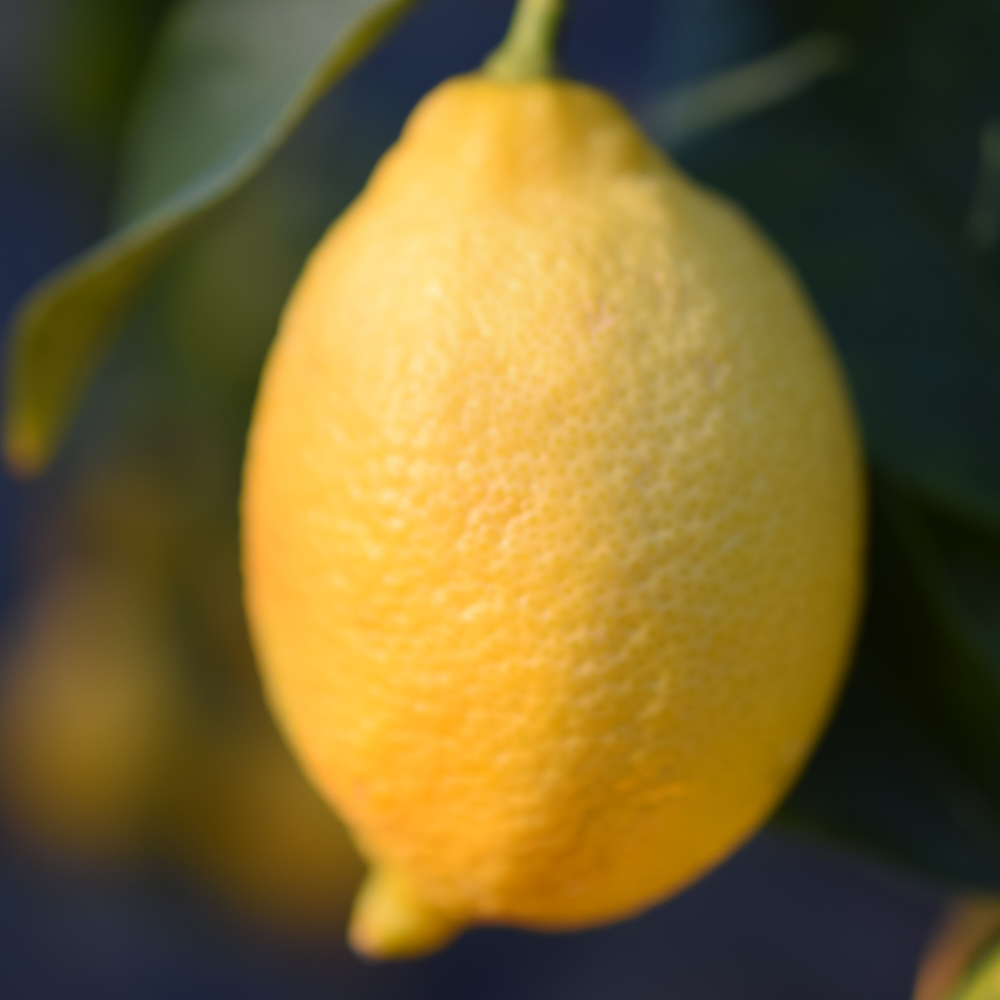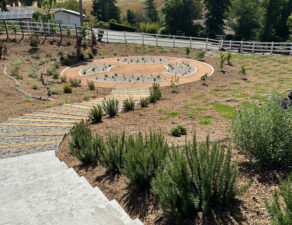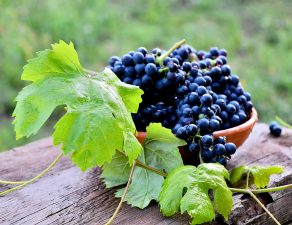
Growing your own food can be a great way to reduce your grocery bills, while supplying your family with fresh, locally-grown produce. But if you don’t store your food properly, you might not reap as many benefits from all of that effort. Check out our quick guide to proper food storage, and make the most of your home garden.
Prevent onions from sprouting. Store dry onions in netting (pantyhose works well), and hang your netted bags in a cool, dry place. A temperature between 40 and 45 degrees is perfect. When stored properly, onions can last about eight months.
Stop mold growth on berries. Discard any berries that show mold. Then, make a wash of 3 parts cold water and one-part white vinegar. Swish berries in this solution for about a minute to kill any lingering mold spores. Rinse with cold water until the vinegar aroma has disappeared, then gently dry your berries. Line a storage container with a dry paper towel, and keep your berries in the fridge.
Store fresh herbs. First, rinse and dry your herbs. Snip the bases of their stems and remove discolored or wilted leaves. Transfer to a large mason jar with about an inch of water in the bottom, and store in the fridge. Basil should be stored at room temperature, out of direct sunlight.
Keep your lemons fresh. Your backyard lemon tree might give you more fruit than you can use at one time. Keep your lemons fresh for up to three months by refrigerating them in a bowl of water. Yes, it’s that’s easy!
Prolong the “life” of fruits and vegetables. Each type of fruit and vegetable comes with its own unique storage requirements, but we’ll do our best to give you an overview. First of all, stop stashing tomatoes, squash, watermelon, oranges, peaches, pears, and plums in the fridge right away! Keep these at room temperature. Only transfer peaches and plums to the refrigerator after they are fully ripe, and you can store watermelon there after it is cut.
Many fruits and veggies store well in the refrigerator, but only if they’re kept damp. Use a damp paper towel with cucumbers, green beans, carrots, broccoli, and lettuce to offer them the right level of humidity.
Other types of produce need to be kept dry if you store them in the fridge, such as grapes, strawberries, cherries, and potatoes.
Keep corn in the husk to protect its flavor, and store in the refrigerator.
Bananas are finicky. It’s best to separate them from their “bunch” and store at room temperature in a well-ventilated basket.
If your avocado tree has provided more fruit than you can eat at once, you can store them pre-ripened in the refrigerator. You can remove them, one or two at a time, and allow them to finish ripening on the countertop. Place them in a paper bag if you need to speed up the ripening process. As for half-eaten avocados, place them in an airtight container along with a piece of onion, and they won’t turn brown and slimy.









Write a comment: